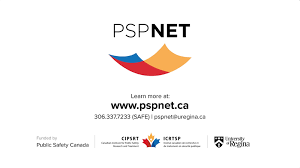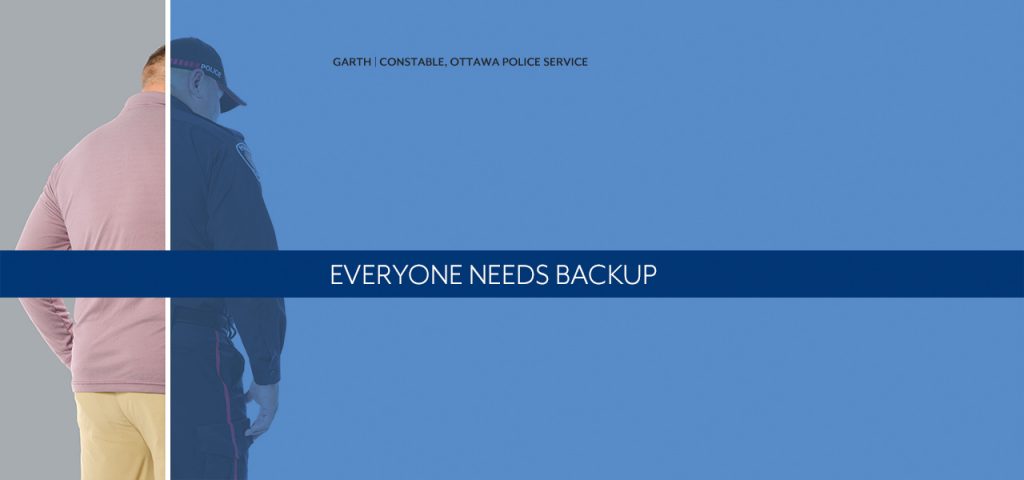The Wellness Unit maintains a list of peer-recommended Counsellors, Psychotherapists, Psychologists and Psychiatrists to have on hand and available for all of our currently serving members, both sworn and civilian, as well as retirees and family members, who may not know where to start when it comes to seeking professional assistance. The professionals on the list have been brought forward to us as someone who has helped our members or their family members.
*** In providing this list, we are not endorsing any of these clinicians, their programs and/or services***
Professional Comparison Chart – Ontario Psychological Association
Counselling vs. Psychotherapy – Canadian Counselling and Psychotherapy Association
What is a Psychologist? – Canadian Psychologist Association
Ontario’s Mental Health Workforce Training Requirements – Ontario Professional Comparison Chart
Six Steps to Finding a Clinician – From CIPSERT (Canadian Institute for Public Safety Research and Treatment)
Public Safety Personal Mental Health
PSP Mental Health was funded by the Canadian Institutes of Health Research (CIHR). The purpose of this website is to provide a list of mental health support available to Canadian public safety personnel (PSP) and their families.
PSP Mental Health was funded by the Canadian Institutes of Health Research (CIHR). The purpose of this website is to provide a list of mental health support available to Canadian public safety personnel (PSP) and their families.
According to Public Safety Canada, public safety personnel (PSP) is a broad term that encompasses personnel who ensure the safety and security of Canadians. PSP include, but are not limited to, border services officers, correctional workers, firefighters, indigenous emergency managers, municipal/provincial police, operational intelligence personnel, paramedics, RCMP, as well as search and rescue personnel.
Public Safety Personal Net
PSPNET is currently conducting a study to evaluate the Self-Guided PSP Wellbeing Course (i.e., a self-help version of the course without therapist guidance) to PSP anywhere in Canada.
The Self-Guided PSP Wellbeing Course is designed to provide PSP with free education and guidance on simple techniques for managing various mental health concerns, such as depression, anxiety, and posttraumatic stress injuries. Specifically, the course is designed to show you how to manage the thoughts, behaviours, and physical symptoms that are impacting your wellbeing.

Some PSPNET clients have very mild concerns. Others describe their symptoms as having a moderate impact, and others report their concerns are severe. We highly recommend seeking help before symptoms become severe. Working on your mental health is similar to working on your physical health – ultimately, it is a daily process, and this course gives you strategies you can use longer-term.
As part of this study, we are comparing two slightly different versions of the Self-Guided PSP Wellbeing Course. All participants will be randomly assigned to use one of the two versions, which will allow us to determine whether one results in better outcomes than the other. All participants will be debriefed about how the two versions differed from one another at the end of the study (20 weeks after beginning the course).
If you have questions about this study or how to sign up, feel free to call us at 306-337-7233 (or toll-free at 1-833-317-7233) or email us at pspnet@uregina.ca, and a PSPNET team member can answer your questions.

The PAO has maintained a strong stand that Ontario’s sworn and civilian police personnel require critical resources to combat Post-Traumatic Stress Disorder (PTSD) and Operational Stress Injuries (OSIs) that may develop based on what they see and hear on the job
Everyone Needs Backup, is focused on opening up conversations and raising awareness within the membership about the prevalence of these debilitating issues in our ranks, and connecting those experiencing mental health challenges with support resources.
Share the following documents with your local personnel and colleagues. Make sure every single police member knows they are not alone.
About PTSD – Everyone Needs Backup – PAO’s Member Mental Health Initiative.
How To Support a Co-Worker Experiencing Mental Health Issues – The new guide identifies the signs to look for in a co-worker who might be struggling and then offers ideas and strategies to support them. Talking about mental health is challenging, and the stigma in PSP organizations can make having mental health conversations difficult. Co-workers are an essential source of support that can break thru the barrier of stigma that can exist within PSP organizations.
“Co-workers are often amongst the first to notice when someone is struggling, and because of the nature of their work, PSP are more likely to open up to peer who understands their situation. We designed this guide to make those conversations easier,”
says Dr. Jody Burnett, Clinical Research Associate with PSPNET.
